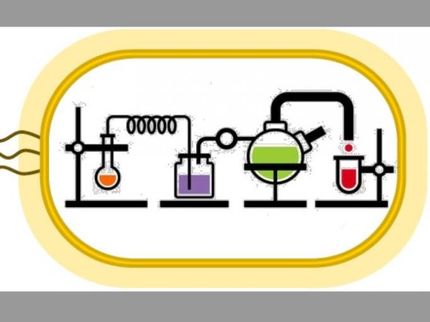Sartorius AG's Results for the First Half of 2003
Advertisement
In the first half of 2003, sales revenue of the Sartorius Group fell 6.7% to 217.0 million euros from 232.6 million euros a year earlier, whereas sales revenue adjusted for the impact of foreign exchange rates at 232.9 million euros reached the previous year's level.
The Biotechnology Division posted a 10.8% drop in first-half sales revenue (adjusted for the impact of foreign exchange rates: -3.7%) to 109.9 million euros from 123.2 million euros a year ago. First-half sales revenue for the Mechatronics Division slipped 2.1% (adjusted for the impact of foreign exchange rates: +4.4%) to 107.1 million euros from 109.4 million euros the year before. Order intake levels for the first half of the financial year 2003 slid from 238.9 million euros to 219.4 million euros (-8.2%; adjusted for the impact of foreign exchange rates: -2.0%). Order intake for the Biotechnology Division dropped by 9.1%; that of the Mechatronics Division, by 7.2%.
Declining sales revenue and restructuring expenses affected first-half earnings in 2003. However, at 9.1 million euros, first-half earnings before interest, taxes, depreciation and amortization, EBITDA, still remained constant (year earlier: 9.1 million euros). Despite additional special expenses incurred, we posted positive second-quarter earnings before interest and taxes, EBIT, at 0.8 million euros (previous year: -3.3 million euros). Thus, first-half EBIT is still negative at -2.1 million euros, but is indeed higher than the previous year's level of -3.5 million euros.
As a result of the consolidation drive launched by the Executive Board, net cash flow in the first half of 2003 could be significantly increased to 12.3 million euros from -3.5 million euros a year ago, and used to reduce our net debt from 133.1 million euros to 123.2 million euros (as of the reporting date of June 30, 2003, relative to December 31, 2002).
Most read news
Other news from the department business & finance

Get the chemical industry in your inbox
By submitting this form you agree that LUMITOS AG will send you the newsletter(s) selected above by email. Your data will not be passed on to third parties. Your data will be stored and processed in accordance with our data protection regulations. LUMITOS may contact you by email for the purpose of advertising or market and opinion surveys. You can revoke your consent at any time without giving reasons to LUMITOS AG, Ernst-Augustin-Str. 2, 12489 Berlin, Germany or by e-mail at revoke@lumitos.com with effect for the future. In addition, each email contains a link to unsubscribe from the corresponding newsletter.


























































